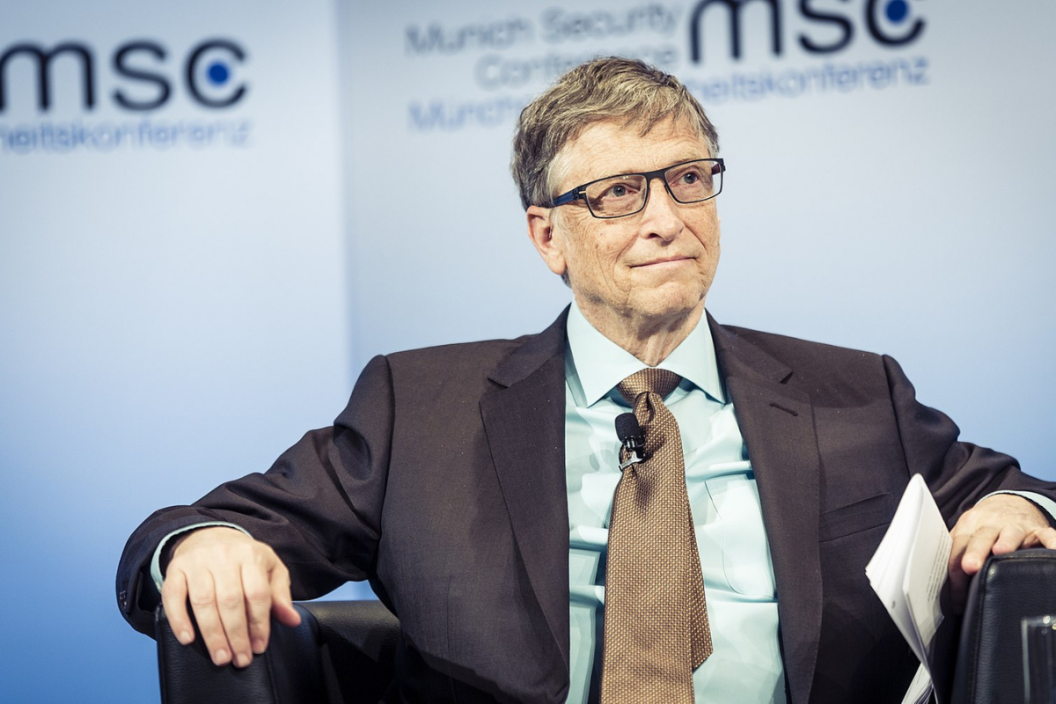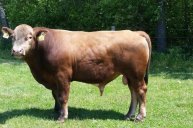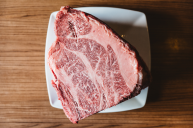If Bill Gates had his way, Sunday roasts, backyard hamburger cookouts, and steak nights wouldn't exist as we know it. Microsoft co-founder, philanthropist, and CEO Bill Gates told MIT Technology Review in a recent interview that one of the answers to help slow climate change and greenhouse gas emissions would be to switch to a 100 percent synthetic beef diet. Okay Bill, if you say so.
Videos by Wide Open Country
Bill Gates Says Countries Like America Should Switch to 100% Synthetic Beef to Help Climate Crisis
The billionaire went on to say that it wouldn't be feasible for the 80 poorest countries to switch, but for rich nations, it would be possible. The unpopular approach could help climate change. Gates shared:
"I do think all rich countries should move to 100% synthetic beef. You can get used to the taste difference, and the claim is they're going to make it taste even better over time. Eventually, that green premium is modest enough that you can sort of change the [behavior of] people or use regulation to totally shift the demand."
In his new book, "How to Avoid a Climate Disaster", Gates details what has to happen to eliminate greenhouse gas emissions and reduce methane emissions. 1/3 of all greenhouse gas emissions come from livestock production, and the use of synthetic meat could curb the numbers.
Synthetic meat companies such as Memphis Meats, Impossible Foods and Beyond Meat have gained popularity in the past few years for their selection and taste. Even fast food giants such as Burger King serve Impossible burgers to customers.
Greenhouse Gases in the United States
It's true that cows are the number one agricultural leader in greenhouse gases worldwide. According to UC Davis, Each year, a single cow will belch about 220 pounds of methane. However, it's a drop in the bucket compared to other sources of greenhouse gases.
"Cows and other ruminants account for just 4 percent of all greenhouse gases produced in the United States", Frank Mitloehner, professor and air quality specialist in the Department of Animal Science at UC Davis said, "and beef cattle just 2 percent of direct emissions."
The electricity industry, which relies on burning fossil fuels such as coal, contributes more than double that of the agriculture industry according to the EPA. If you are going to start somewhere, invest in clean energy instead of forgoing your favorite burger.




